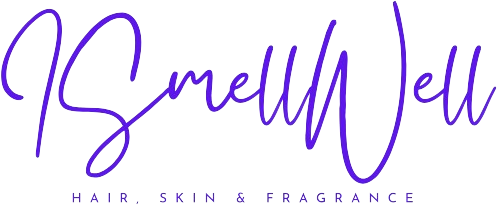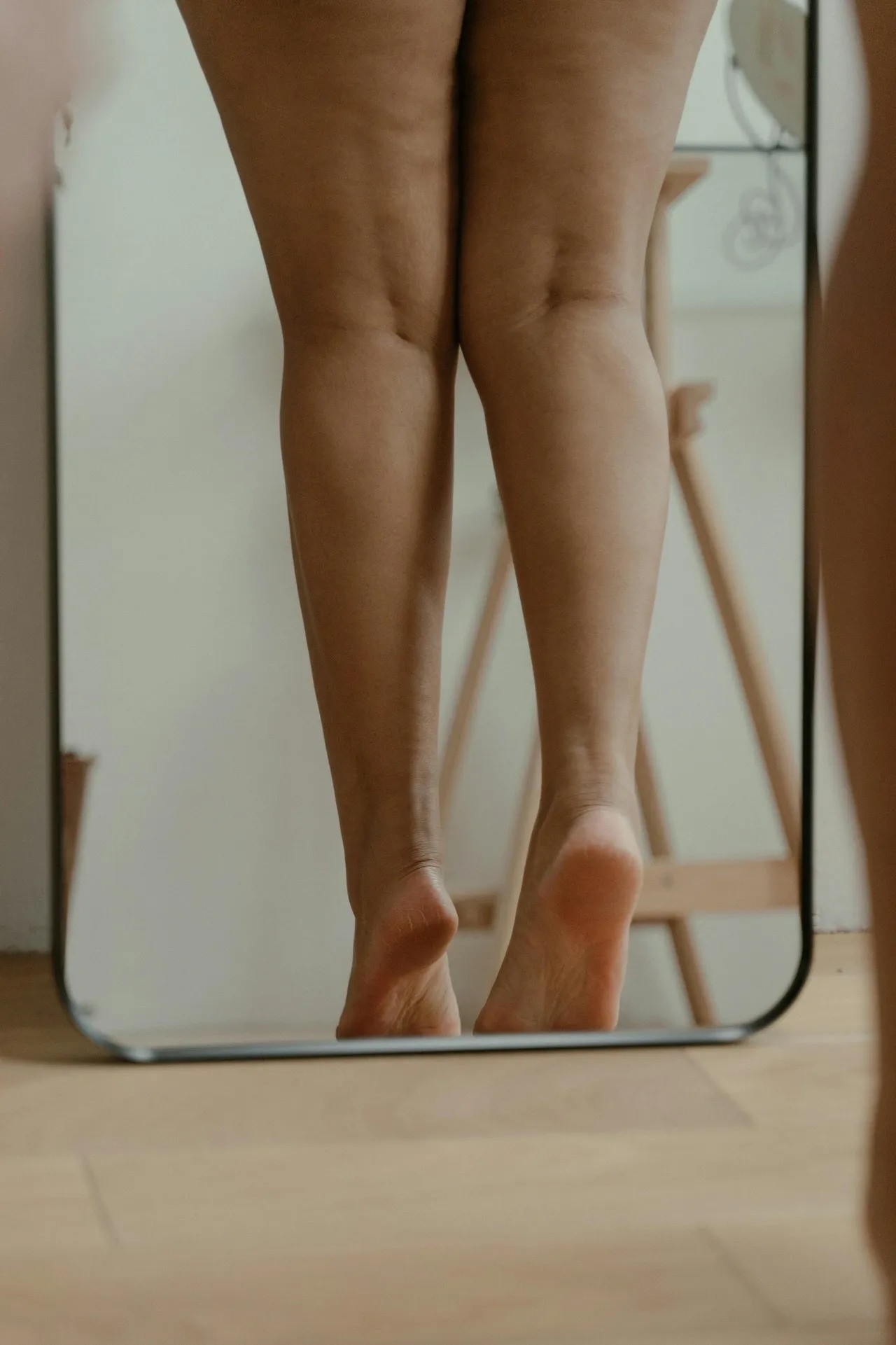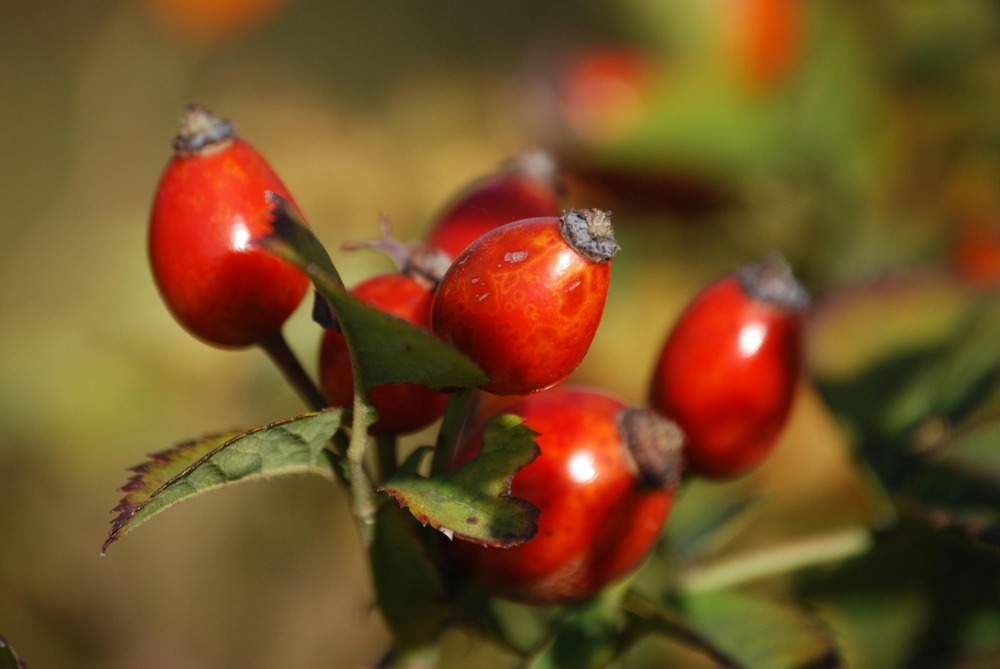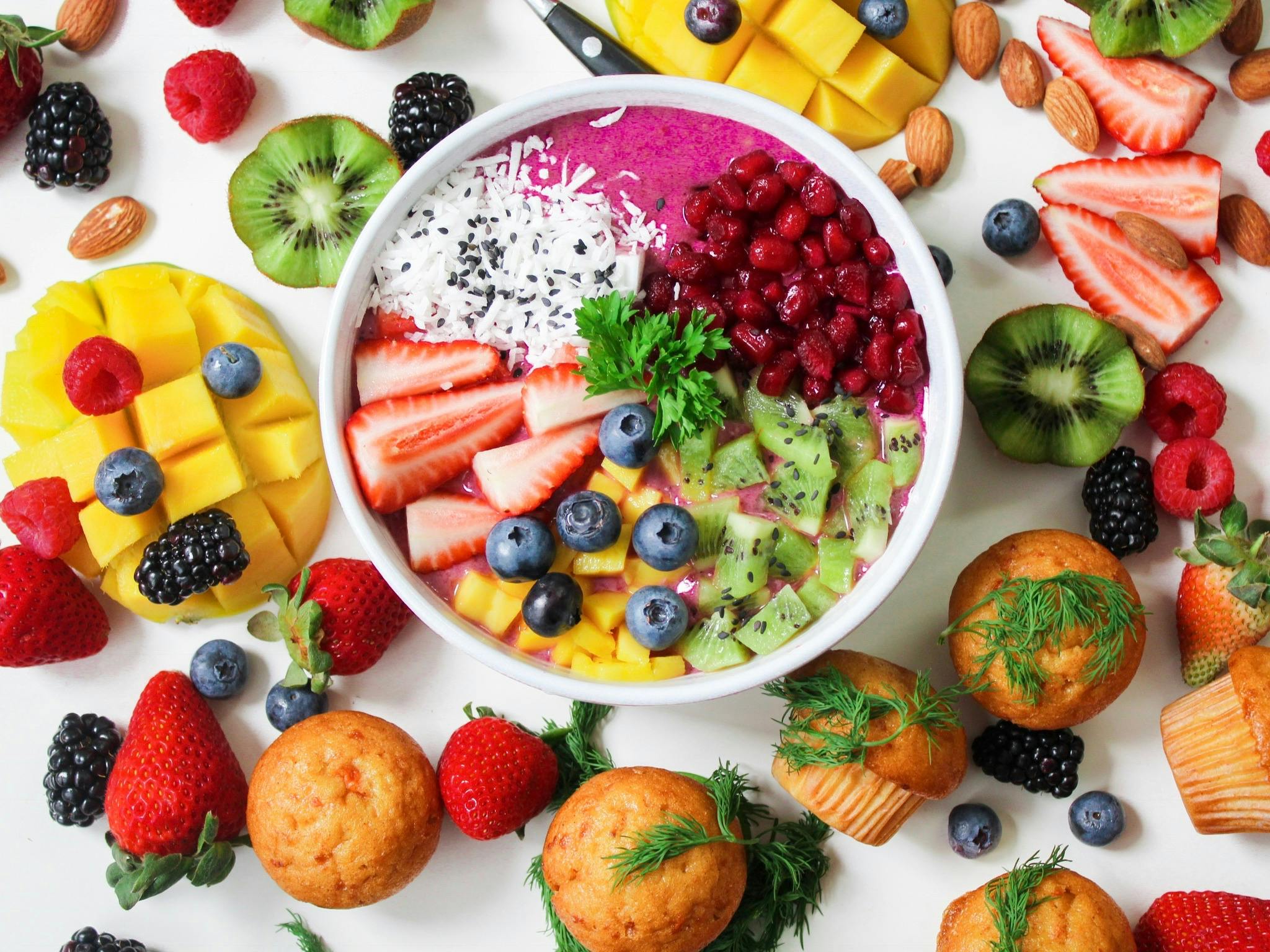- The Search for a Gentler Retinol Alternative
- What is Bakuchiol?
- The Benefits of Bakuchiol in Skincare
- Bakuchiol vs. Retinol – Which One is Right for You?
- How to Incorporate Bakuchiol into Your Skincare Routine
- Who Should Use Bakuchiol?
- Myths and Misconceptions About Bakuchiol
- Conclusion: Is Bakuchiol the Future of Skincare?
The Search for a Gentler Retinol Alternative
Enter bakuchiol, a plant-based alternative to retinol that’s been gaining significant attention in the beauty world. Known for its gentle nature, bakuchiol promises all the skin-loving benefits of retinol without the harsh reactions.
But is bakuchiol really the miracle ingredient it’s claimed to be? How does it work? And most importantly, is it right for your skin? Imagine achieving that youthful glow without the redness or downtime. Sounds too good to be true?
In this comprehensive guide, we’ll take a deep dive into bakuchiol—what it is, how it works, and why it’s become such a celebrated ingredient in the world of skincare.
What is Bakuchiol?
The Origin Story: From Ayurvedic Roots to Modern Skincare
Bakuchiol (pronounced bah-koo-chee-all) is derived from the seeds and leaves of the Psoralea corylifolia plant, commonly known as the babchi plant. This plant has long been used in Ayurvedic medicine and traditional Chinese medicine for its healing properties, particularly in treating skin conditions like eczema and psoriasis.
Though bakuchiol has been around for centuries, it wasn’t until recently that researchers began to explore its potential in modern skincare. In 2014, studies revealed that bakuchiol offers retinol-like effects on the skin, making it a compelling alternative for those seeking anti-aging benefits without irritation.
How Bakuchiol Differs from Retinol
While bakuchiol and retinol have similar effects on the skin, they are chemically different. Retinol is a derivative of vitamin A that works by speeding up cell turnover, which can sometimes lead to harsh reactions as the skin adjusts. Bakuchiol, on the other hand, is 100% plant-based and works more gently on the skin’s surface, providing similar results over time without the inflammation and discomfort that retinol sometimes causes.
In short, bakuchiol gives you the benefits of retinol, but with a gentler approach, making it ideal for those with sensitive skin or those who want to avoid the aggressive nature of retinoids.
The Benefits of Bakuchiol in Skincare
Anti-Aging Properties
The most celebrated feature of bakuchiol is its ability to reduce the appearance of fine lines and wrinkles. It stimulates collagen production, just like retinol, which helps keep the skin firm and youthful. Regular use of bakuchiol can lead to a smoother, plumper complexion with fewer signs of aging.
Key anti-aging benefits of bakuchiol:
- Promotes collagen production to firm the skin
- Smooths fine lines and wrinkles
- Improves skin elasticity
Gentle on Sensitive Skin
One of the greatest challenges with traditional retinol is its harshness, especially for those with sensitive or reactive skin. Bakuchiol stands out as a more soothing option, offering the same anti-aging benefits without the redness, peeling, or stinging often associated with retinol.
This makes it a perfect choice for those with:
- Rosacea
- Eczema
- Dry, flaky skin
- Post-inflammatory hyperpigmentation
Fights Hyperpigmentation and Dark Spots
Another exciting benefit of bakuchiol is its ability to reduce hyperpigmentation and even out skin tone. Bakuchiol works by inhibiting melanin synthesis, which can help fade dark spots and reduce post-acne scarring.
Studies have shown that regular use of bakuchiol can lead to:
- Brighter, more even skin tone
- Reduced appearance of sunspots and acne scars
- Diminished discoloration from melasma
Antioxidant Protection
Bakuchiol is also a powerful antioxidant, which means it helps neutralize free radicals caused by environmental damage such as pollution and UV rays. This helps to prevent premature aging and protects the skin from oxidative stress.
By protecting your skin from these harmful aggressors, bakuchiol can:
- Enhance skin’s natural defenses
- Prevent premature signs of aging
- Boost overall skin health and radiance
Acne-Fighting Properties
Surprisingly, bakuchiol is also an effective treatment for acne. Its anti-inflammatory and antibacterial properties help calm breakouts while preventing future ones from forming. Plus, since it promotes gentle cell turnover, bakuchiol can help clear clogged pores and reduce the appearance of acne scars over time.
For those with acne-prone skin, bakuchiol offers:
- Anti-inflammatory relief for active breakouts
- Bacteria-fighting power to prevent acne
- Gentle exfoliation to clear pores
Bakuchiol vs. Retinol – Which One is Right for You?
Comparing Their Mechanisms of Action
While bakuchiol and retinol are often compared, they operate slightly differently on the skin. Retinol works by binding to retinoid receptors in the skin, speeding up cell turnover and stimulating collagen production. However, it can also thin the skin barrier and increase sensitivity to sunlight, requiring careful use.
Bakuchiol, on the other hand, has been shown to mimic the effects of retinol without binding to the same receptors. It stimulates collagen production in a gentler, less aggressive way, which is why it’s often hailed as the “natural retinol alternative”. Moreover, bakuchiol doesn’t increase photosensitivity, so it can be used both day and night without concerns about sun damage.
Key Differences in Use and Application
| Bakuchiol | Retinol |
|---|---|
| Plant-based, natural ingredient | Synthetic derivative of vitamin A |
| Safe for sensitive skin | Can cause irritation, peeling, and redness |
| Does not increase sun sensitivity | Increases photosensitivity |
| Can be used during pregnancy and nursing | Not recommended for pregnant/nursing women |
| Provides anti-aging benefits without harshness | Strong anti-aging benefits with potential side effects |
Choosing the Best Option for Your Skin Type
When deciding between bakuchiol and retinol, consider your skin type and primary concerns. Retinol is a powerhouse ingredient that can deliver dramatic results but often requires an adjustment period where the skin may peel, flake, or turn red. This makes it better suited for individuals with resilient, non-sensitive skin who are looking for strong, fast results.
On the other hand, if you have sensitive skin, rosacea, or conditions like eczema, bakuchiol is the safer choice. It’s also an excellent option for those new to anti-aging skincare or who are looking for a product they can use year-round without worrying about increased sensitivity to the sun.
How to Incorporate Bakuchiol into Your Skincare Routine
Finding the Right Bakuchiol Product
Bakuchiol has been popping up in a variety of skincare products, from serums and moisturizers to cleansers and masks. Serums tend to be the most effective way to deliver bakuchiol’s benefits because they offer a more concentrated form of the ingredient. However, if you have dry skin, you may prefer a bakuchiol-infused moisturizer to hydrate and treat your skin simultaneously.
Layering Bakuchiol with Other Active Ingredients
One of the best things about bakuchiol is its versatility—it can be layered with other active ingredients without fear of irritation. In fact, it plays well with niacinamide, hyaluronic acid, and vitamin C, making it an excellent addition to your existing routine.
Here’s a sample routine for incorporating bakuchiol:
- Cleanse your skin with a gentle, non-stripping cleanser.
- Apply a toner (optional) to balance the skin’s pH.
- Apply a serum with bakuchiol as the primary active ingredient.
- Follow up with a moisturizer to lock in hydration.
- Apply sunscreen (in the morning) to protect your skin.
How Often to Use Bakuchiol
Unlike retinol, which needs to be introduced slowly due to its potential for irritation, bakuchiol can be used twice daily—in both the morning and night. It’s gentle enough for regular use and won’t cause the same level of skin sensitivity or flaking.
Who Should Use Bakuchiol?
Ideal Candidates for Bakuchiol
- Sensitive skin types: Those who have experienced irritation from retinol will appreciate bakuchiol’s gentle nature.
- Pregnant or breastfeeding women: Retinoids are typically off-limits during pregnancy, but bakuchiol offers a safe alternative.
- People with rosacea or eczema: Bakuchiol’s anti-inflammatory properties make it a great option for those with reactive skin.
- Individuals looking for anti-aging solutions without harsh side effects.
- Acne-prone skin types: If you’re looking for an anti-aging ingredient that won’t trigger breakouts, bakuchiol offers the best of both worlds.
Myths and Misconceptions About Bakuchiol
Myth 2: Bakuchiol can’t be used with other actives.
Fact: Bakuchiol is compatible with most other active ingredients, making it easy to incorporate into your existing skincare routine.
Myth 3: Bakuchiol is only for sensitive skin.
Fact: While bakuchiol is particularly suited to those with sensitive skin, anyone can benefit from its anti-aging, antioxidant, and anti-inflammatory properties.
Conclusion: Is Bakuchiol the Future of Skincare?
With its blend of gentleness and efficacy, bakuchiol has rightfully earned its place as one of the most exciting ingredients in modern skincare. Whether you’re looking for an alternative to retinol or simply seeking a natural anti-aging solution, bakuchiol offers a versatile, safe, and effective option for all skin types.
As more and more skincare brands incorporate bakuchiol into their formulations, it’s clear that this botanical miracle is here to stay. So, whether you’re dealing with fine lines, acne, or hyperpigmentation, bakuchiol just might be the game-changing ingredient your skin needs.




